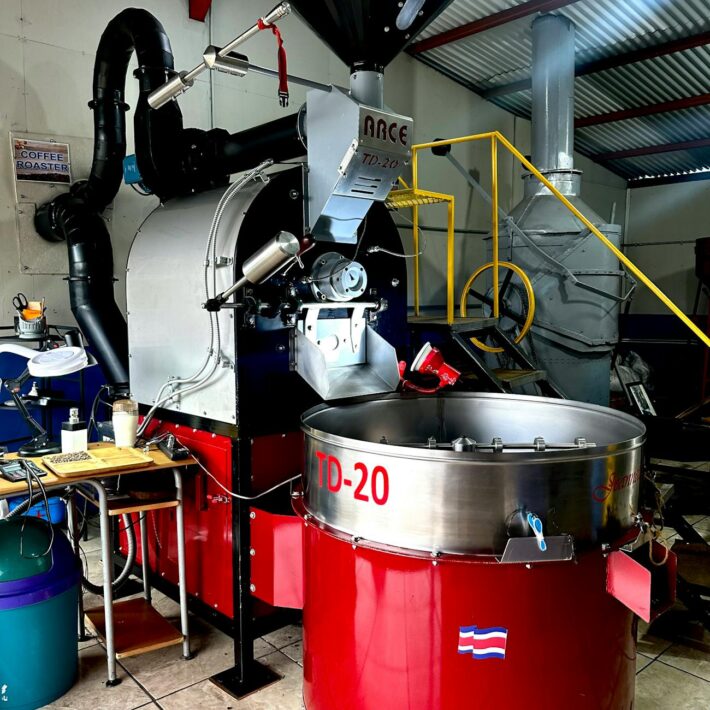Critical Care Transport Business Ideas to Start in 2024

Contents
Critical Care Transport Business Ideas to Start in 2024
The healthcare industry is ever-evolving, and the demand for medical transport services has never been greater. With an aging population and an increased emphasis on reliable healthcare access, starting a critical care transport business represents a unique opportunity for small business owners. This multifaceted field not only boasts substantial market potential but also allows entrepreneurs to make a meaningful impact on patient care during some of their most vulnerable moments.
Overview of Critical Care Transport Services
Critical care transport services cater to patients needing immediate and specialized medical intervention. These services are pivotal for relocating critically ill patients, often from less equipped facilities to specialized medical centers.
Typically, the patients who require these services include:
- Individuals recovering from severe medical conditions
- Patients undergoing crucial surgeries
- Trauma victims requiring fast access to advanced care facilities
With healthcare's complexity, these vital transport services consist of highly trained medical professionals, state-of-the-art equipment, and specially designated vehicles.
Types of Critical Care Transport Business Ideas
When considering the landscape of critical care transport, several viable business ideas come to mind. Each of these options fulfills a particular need, making them effective and practical for eager entrepreneurs.
Air Ambulance Services
Air ambulances operate swiftly to provide critical medical transport for patients who need immediate care. This concept shines in rural areas or regions with limited hospital access.
Entrepreneurs should prepare for:
- Regulatory Compliance: Understanding and adhering to aviation regulations and healthcare standards.
- Target Markets: Identifying hospitals and healthcare facilities that frequently require emergency air transport.
Ground Ambulance Services
Ground ambulance services represent the backbone of medical transportation. This variation allows entrepreneurs to start a smaller, localized operation.
Services within this domain may include:
- Emergency response for immediate medical needs
- Non-emergency medical transport for routine check-ups
Your clientele could range from hospitals needing extra transport capacity to private individuals requiring assistance.
Non-Emergency Medical Transportation (NEMT)
NEMT serves as a bridge for patients who require medical care but do not have emergency situations. For instance, routine check-ups or rehab appointments can benefit from this service.
Key aspects may include ensuring:
- Reliable transportation for patients with mobility challenges
- Partnerships with healthcare providers for scheduled services
Specialized Transport for Infants and Pediatrics
Pediatric critical care transport is essential for guaranteeing safety during transfer, especially for fragile patients like newborns. Specialized vehicles are equipped to provide the level of care required during transport.
This niche demands attention to:
- Tailored staffing with pediatric-focused training
- Equipment catering to infants and children’s medical needs
Transport for Patients with Disabilities
Transporting patients with disabilities comes with unique considerations. It requires an understanding of adaptive equipment and trained staff who can assist during transfers.
Seems like a challenging area? Not if you gear your vehicles towards accessibility, providing:
- Wheelchair lifts
- Specialized training for staff
Long-Distance Medical Transport
Long-distance medical transport becomes necessary when patients need to transition between hospitals, especially those requiring specialized treatment.
Considerations include:
- Ensuring patient safety during the journey with proper medical equipment
- Avoiding long waiting times, which can have serious repercussions
Medical Courier Services
Think outside the traditional—the transport of medical supplies, organs, and critical items poses a growing need. This business idea can function alongside existing medical transport services.
Key factors could include:
- Strict adherence to urgent timelines
- Regulatory compliance for transporting sensitive items
Critical Care Transport Consulting Services
This unique consulting niche helps other medical transport companies optimize their operations. Entrepreneurs skilled in crisis management and logistics can thrive by providing insights into regulatory compliance and efficient transport practices.
Mobile Intensive Care Units (MICU)
MICUs represent on-site critical care, merging medical assistance with transport. They’re ideal for emergencies, allowing patients to begin treatment as they’re transported.
Highlights include:
- Extensive medical equipment onboard
- Technicians able to administer advanced life support
In-Home Critical Care Transport Services
Offering transport for house-bound patients who need either care or medical appointments opens doors to enhancing service accessibility to vulnerable populations.
Strategic steps can include:
- Collaborating with local healthcare systems to provide an integrated service
- Focusing on patient-centered care
Community Health Transport Programs
In underserved communities, launching health transport programs ensures healthcare equity. Such initiatives can significantly impact public health while driving local business as well.
Effectively connecting with community health organizations might offer:
- Covered costs for patients needing transport
- Enhanced relationships with local health facilities
Emergency Disaster Response Transport
Disaster preparedness opens up opportunities for critical care transport services that respond during emergencies. The quick setup of medical transport during disasters allows businesses to play a significant role in public health responses.
Accountability and rapid response can attract long-term contracts with governmental and non-profit organizations.
Key Considerations for Starting a Critical Care Transport Business
Before jumping into the fray, it’s essential to cover foundational aspects that will make or break your venture.
Licensing and Certification Requirements
When operating a critical care transport business, obtaining the necessary licenses and certifications is non-negotiable. Varied regulations apply depending on location, so ensure you familiarize yourself with federal and state standards.
Equipment and Vehicle Needs
You’ll need specialized vehicles designed for patient transport and medical equipment, which can become costly. Understanding basic specifications—such as patient safety systems and additional compartments for medical supplies—is critical.
Insurance Essentials
Businesses must prioritize acquiring insurance that protects against liability, especially given the inherent risks tied to patient transport. Coverage could range from vehicle liability to comprehensive medical insurance.
Building Brand Identity and Marketing Strategies
Differentiating your brand can bolster your position in this competitive field. Develop a professional logo and** brand identity** that resonates with your target audience. Implementing effective marketing strategies can help create brand awareness and establish trust in your services.
Conclusion
Starting a critical care transport business in 2024 offers abundant opportunities for entrepreneurs looking to make a meaningful impact. As healthcare needs continue to grow, your business can bridge critical gaps in patient care. Join this exciting industry, and pave the way for improved access to healthcare services for everyone.
For more insights on building your brand identity, check out core pages like our comprehensive guide on designing your business logo here.

As our Chief SEO & Branding Strategist, Robert Ellison is a digital marketing visionary with over 25 years of experience transforming brands through smart, data-driven SEO and impactful storytelling. Known for his expertise in aligning technical SEO with authentic brand narratives, he leads our team in creating strategies that boost search rankings while building strong, sustainable brand identities. A trusted advisor and frequent industry speaker, Robert combines deep technical knowledge with creative insight, helping our clients not only reach the top of search results but also genuinely connect with their audiences.








